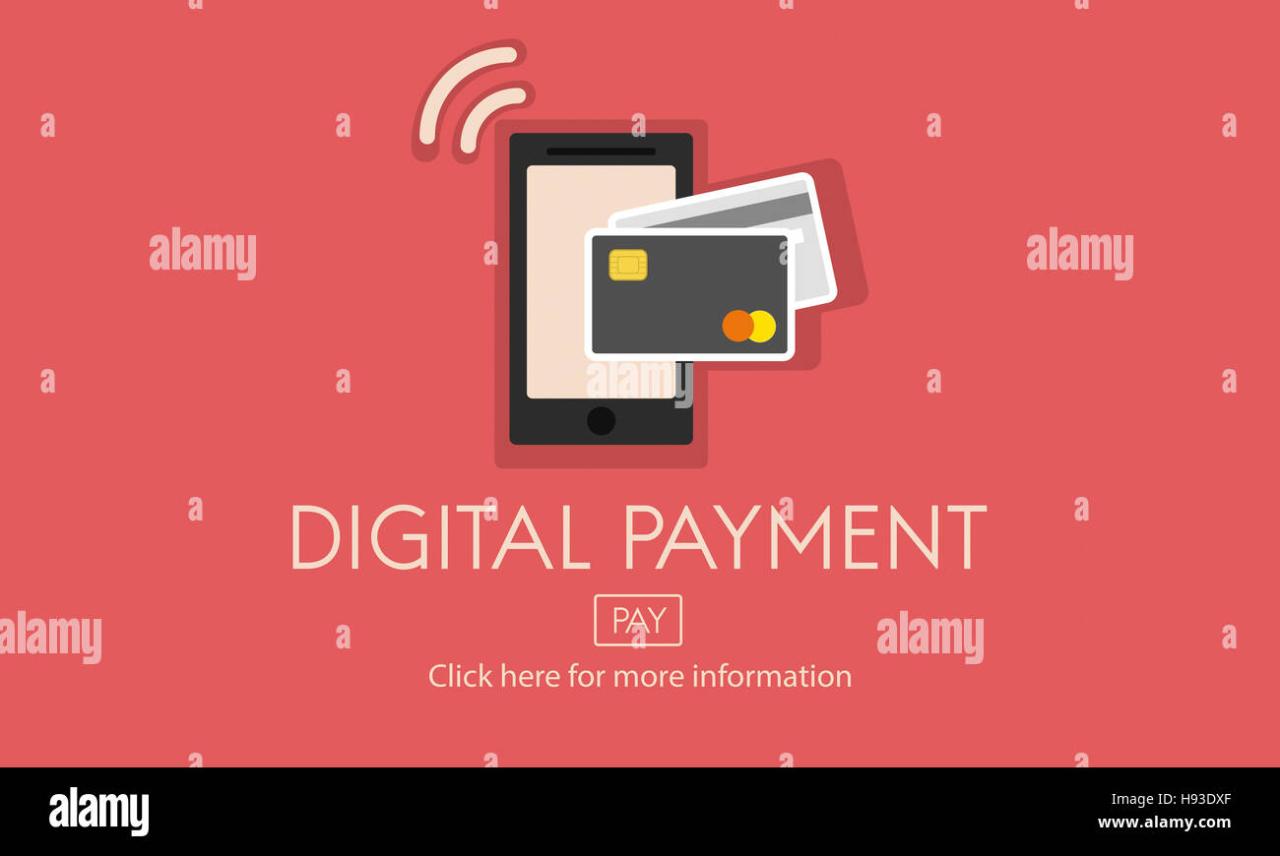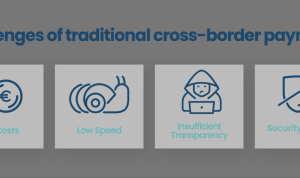How Online Payments Are Transforming E Commerce is reshaping the retail landscape as we know it. With the rise of digital transactions, businesses are not only enhancing customer convenience but also expanding their reach to a global audience. In this evolving environment, understanding the dynamics of online payments is essential for both merchants and consumers, as it influences buying behaviors and the overall shopping experience.
The integration of various payment methods, from credit cards to cryptocurrency, has made online shopping more accessible and appealing. This shift has led to innovations in security measures and user experience, ensuring that transactions are not only swift but also safe. As e-commerce continues to thrive, the role of online payments will only grow in importance, linking consumers and retailers in a seamless digital marketplace.
In the realm of digital marketing, the importance of having a strong online presence cannot be overstated. As the internet continues to evolve, businesses must adapt their strategies to meet the changing needs of their audience. This article delves into various facets of digital marketing, exploring its significance, strategies, and the future landscape. To begin with, digital marketing encompasses a wide range of activities aimed at promoting products or services through online channels.
These channels include social media, search engines, email, websites, and more. Unlike traditional marketing methods, digital marketing offers the advantage of real-time feedback and the ability to target specific audiences based on their behavior and preferences.One of the essential components of digital marketing is search engine optimization (). involves optimizing a website to rank higher in search engine results pages (SERPs), thereby increasing organic traffic.
This process includes research, on-page optimization, link building, and content creation. A well-optimized site not only attracts more visitors but also establishes credibility and trust among potential customers.Equally important is content marketing, which focuses on creating valuable content to engage and retain a target audience. Content can take various forms, including blog posts, videos, infographics, and podcasts. The goal is to provide information that resonates with the audience, ultimately leading to conversions.
A successful content marketing strategy aligns with the overall brand message and addresses the needs and pain points of consumers.Social media marketing is another critical aspect of digital marketing. Platforms such as Facebook, Instagram, Twitter, and LinkedIn offer businesses the opportunity to connect with their audience in a more personal manner. By creating engaging posts, sharing user-generated content, and running targeted ad campaigns, brands can build relationships with their customers and foster a sense of community.

Social media also enables businesses to receive immediate feedback, allowing for quick adjustments to strategies as needed.Email marketing remains one of the most effective digital marketing strategies, despite the rise of social media. With a well-crafted email list, businesses can reach out directly to their audience with personalized messages, updates, and promotions. The key to successful email marketing lies in segmentation; by categorizing subscribers based on their behavior and preferences, businesses can deliver content that is most relevant to each group.
Additionally, incorporating automation tools can streamline the process, ensuring timely communication and engagement with customers.Pay-per-click (PPC) advertising is another valuable digital marketing technique. By utilizing platforms like Google Ads and social media ads, businesses can target specific s and demographics, driving traffic to their websites. The beauty of PPC lies in its ability to provide measurable results; advertisers can track conversions, click-through rates, and return on investment (ROI).
This data allows for continuous optimization of campaigns to maximize effectiveness.As we look to the future, it’s clear that digital marketing will continue to evolve. Emerging technologies such as artificial intelligence (AI) and machine learning are already transforming how businesses interact with their customers. For instance, chatbots powered by AI can provide instant customer support, improving the overall user experience.
Furthermore, predictive analytics can help businesses anticipate consumer behavior and tailor their marketing strategies accordingly.Another trend gaining traction is the emphasis on personalization. Consumers today expect tailored experiences, and digital marketing offers the tools to deliver just that. By leveraging data analytics and customer insights, businesses can create personalized content, product recommendations, and targeted campaigns that resonate with individual preferences.In conclusion, digital marketing is an ever-changing landscape that offers immense opportunities for businesses to connect with their audience.
By employing strategies such as , content marketing, social media engagement, email campaigns, and PPC advertising, companies can enhance their online presence and drive growth. As technology continues to advance, staying ahead of trends and embracing innovative approaches will be vital for long-term success in the digital realm. This article has provided a comprehensive overview of the various aspects of digital marketing, highlighting its significance in today’s business environment.
Companies that adapt to these changes and effectively implement digital marketing strategies will be well-positioned to thrive in the competitive marketplace of the future.





